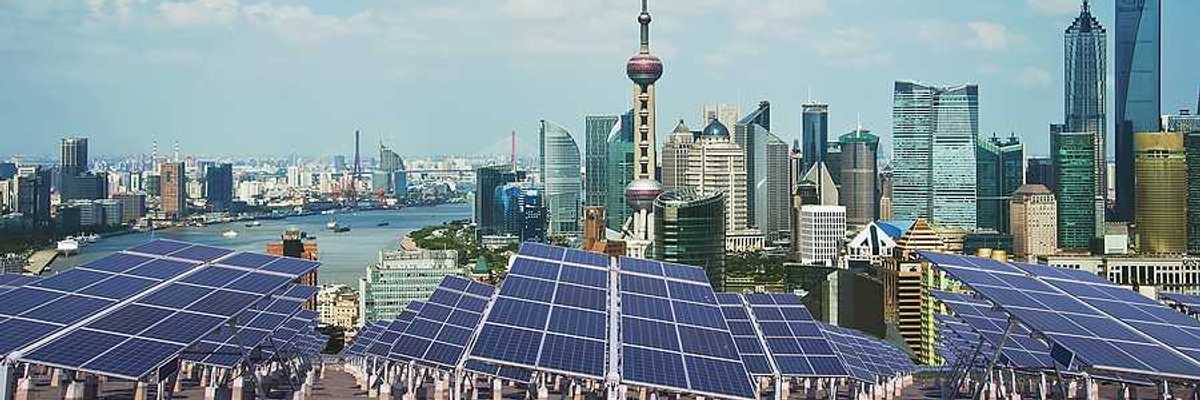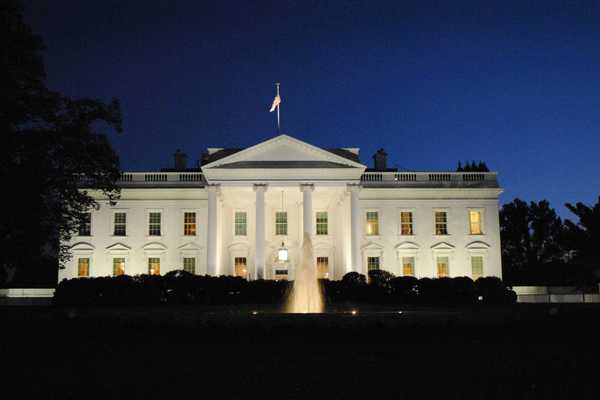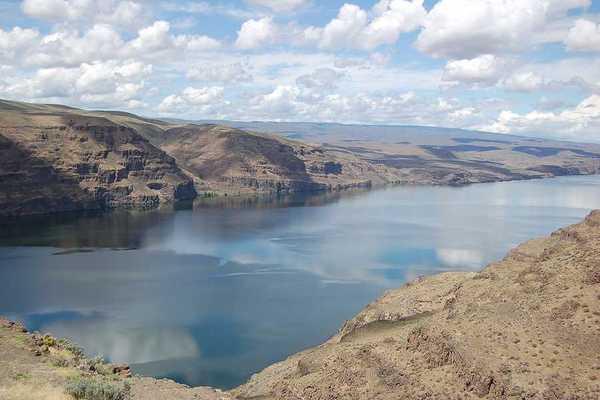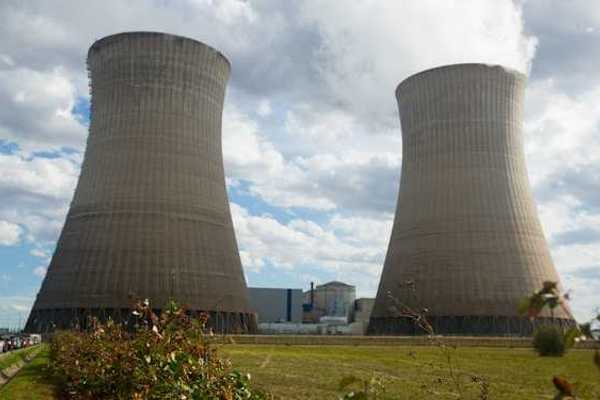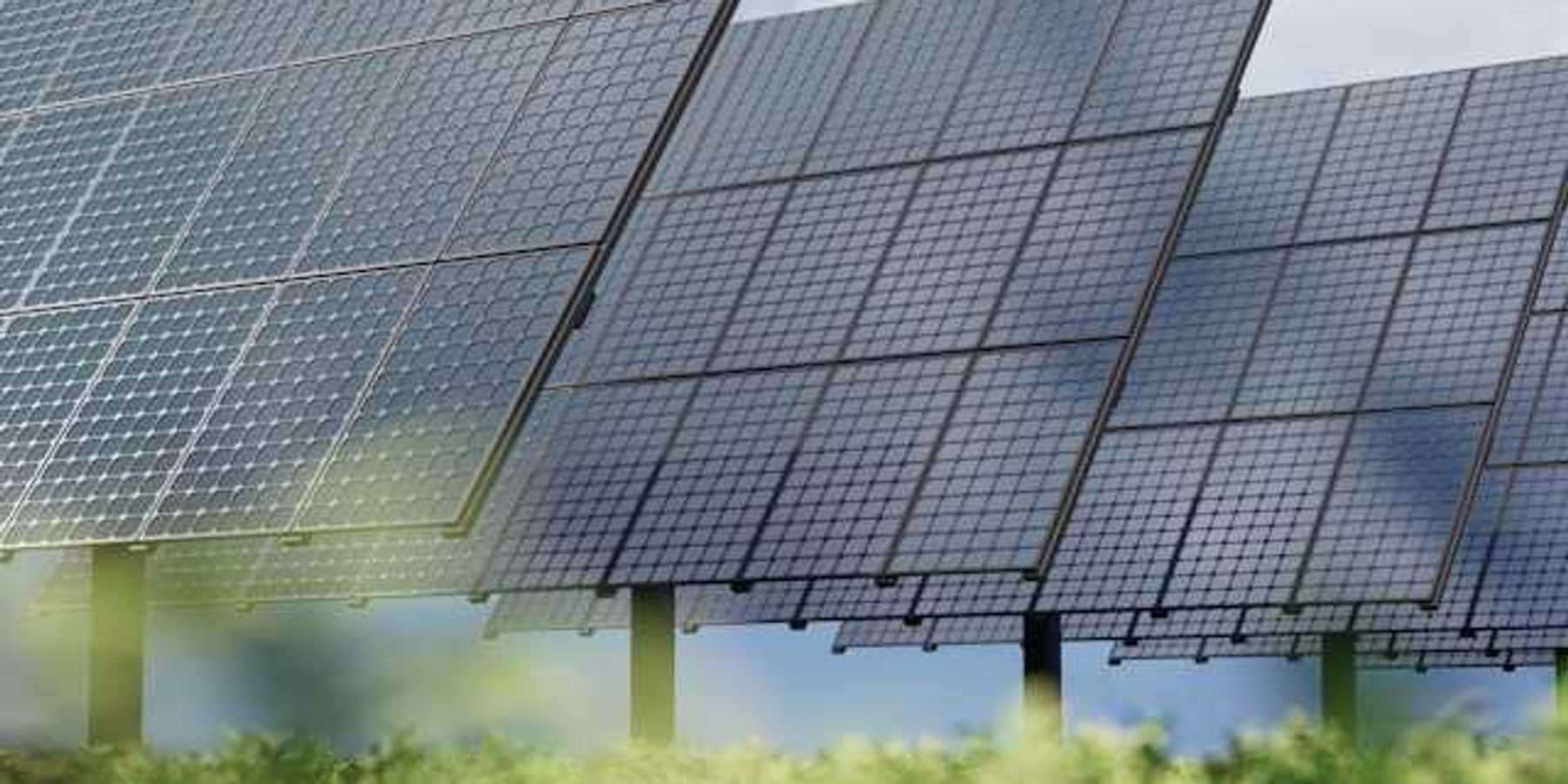energy
Cutting the climate impact of anesthetic gases across Loma Linda University Health
Hospital systems are reducing greenhouse gas emissions, improving operational efficiency, and strengthening our commitment to environmental stewardship.
How letting radiologists work remotely can help save the planet
Trump unveils $12B mineral stockpile amid US-China race
Mexico’s push for US natural gas sparks community opposition and threatens its climate pledges
Feds greenlight $2B renewable energy project on Yakama Nation sacred site
The site of a planned $2 billion renewable energy project is used for ceremonies as well as treaty-reserved fishing and root gathering for the Yakama Nation.
Trump administration plans to roll back mileage standards for heavy pickup trucks and vans
In the letter, National Highway Traffic Safety Administration (NHTSA) Administrator Jonathan Morrison said the administration would propose to roll back the standards, which were tightened under the Biden administration.
Power district says its Omaha coal plant poses no ‘significant’ health threat. That’s misleading, experts say
Omaha Public Power District leaders cited a health study to claim their North Omaha, Nebraska coal plant poses no significant risk, but public health and environmental experts say the assessment was narrowly focused and mischaracterized.

